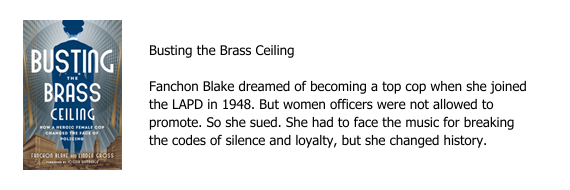If you’re having trouble every time you start writing, you may simply be trying too hard. Readers of this blog already know how I feel about prematurely striving for perfection or allowing your inner critic to weigh in when you’re trying to create. Both will effectively squash any creativity you ever hope to have.
Let’s face it. The simple act of writing—exposing your thoughts through words on a page or a computer screen—makes you vulnerable. So you have to create a safe space for yourself. Here are five tips I offered my writing coach clients just this week:
1) Instead of worrying about your writing, just let it flow. The object at the beginning of a project is not to get it right. It’s to get it out. So just play with your writing. This is the time to write sloppy copy. There will be plenty of time to refine it later.
2) Find your voice. Not the one you think you should have, but your authentic voice. How? By writing, writing and writing some more without worrying about how it sounds. (Are you sensing a theme here?)
3) Take the time to explore your thoughts (or do your research). Contrary to popular belief, this actually is part of writing. Think of it this way. You can’t cook without ingredients. At the beginning of a writing project, you’re in the nut and berry gathering phase. You probably won’t even know exactly what you’re making until you have assembled most of your ingredients.
4) Once you have something to work with, focus on the big picture.
- If you’re working on a novel, ask yourself:
- Is the story working?
- Am I presenting it dramatically?
- Are my characters fleshed out?
- Am I proving a level of detail that allows the reader to vicariously live the experience?
- If you’re working on a nonfiction book, ask yourself:
- Have I presented my thesis?
- Is my material logically making my case?
- Do the sections link to each other like cars on a train?
- Have I summed up each phase of my argument like I would if I was an attorney presenting my closing arguments to a jury?
5) Finally, don’t sweat the small stuff (at least not yet). Worrying about language at this point doesn’t make much sense, since the passage you’re struggling to improve may not even make the final cut. Editing a passage that could wind up in the trash or may move to another spot in your book (potentially requiring a different spin) just doesn’t make sense.
In short, if you want to start writing, don’t try to get it right. Just scribble and have fun. That will get you a lot farther a lot faster than blood, sweat and tears will. And think of the clean up you’ll save yourself.



















0 Comments